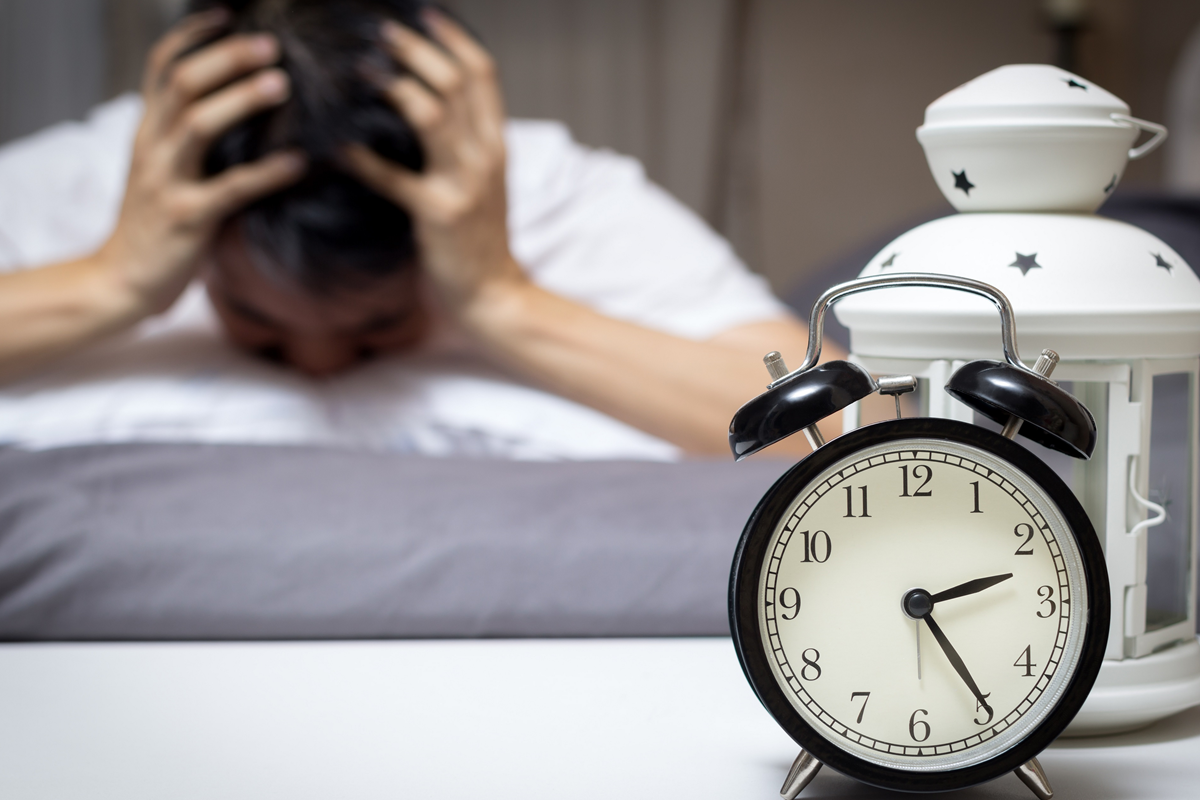You may have some form of sleeping disorder if you wake up in the middle of the night or do not feel rested after a night’s sleep, you may have some form of sleeping disorder. Try to determine what they are and how to diagnose and manage them! Here are the common types of sleeping disorders.
Insomnia
Insomnia is characterized by difficulty falling asleep, staying asleep, or waking too early and being unable to get back to sleep. It is often caused by a problem with your lifestyle and stress levels (such as work-related stress). It may also be caused by a medical problem or be due to a substance (such as alcohol, medicine, or illicit drugs) that you are taking. Insomnia can severely impact your daily life and relationships.

Sleep-wake disorder
A sleep-wake disorder is characterized by sleepiness (or excessive daytime sleepiness) and difficulty staying awake during the day but having little trouble falling asleep at night.
Sleep apnea
Sleep apnea is one of the sleeping disorders characterized by pauses in breathing during sleep, leaving a person temporarily unable to wake up as often as usual. The pauses are continually repeated throughout the night, and there are 30 million people in the United States who suffer from this form of sleep disorder.
Narcolepsy
Narcolepsy is characterized by excessive daytime sleepiness and episodes of falling asleep, despite a person’s wish to remain awake. During these episodes, people may fall asleep during conversations, in the middle of tasks, and in situations where they do not believe they will fall asleep (such as flying on a plane). Narcolepsy can lead to significant declines in the quality of life for people who suffer from it.
Restless legs syndrome
Restless legs syndrome is characterized by a strong, irresistible urge to move the legs without any detectable reason (usually in the evening), which results in an overwhelming desire to move them. It can cause people significant distress, but it doesn’t have to.
It is essential to diagnose sleep disorders because they are common, frustrating, and often fundamentally misunderstood. People suffering from them may not recognize the condition themselves and may not be able to find treatments that work for them. Most importantly, sleep disorders can lead to other health issues.






